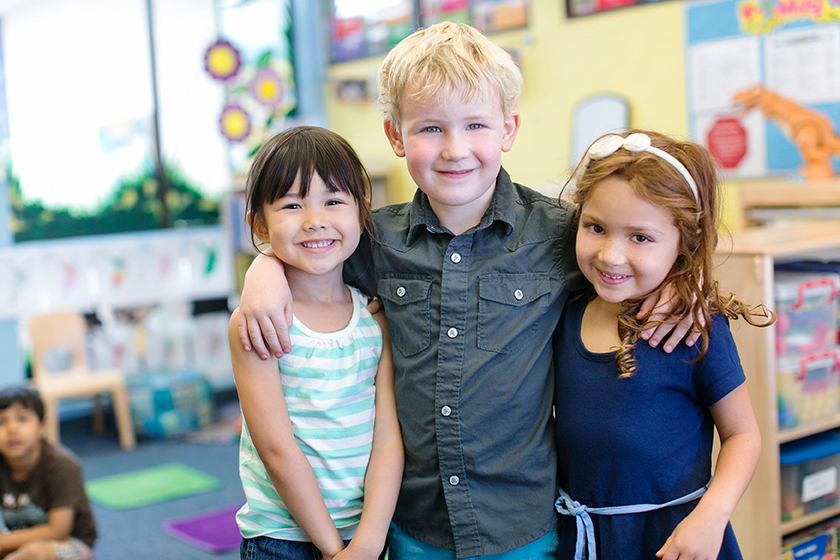It’s hard to believe that the time has come to start looking at preschool options for fall enrollment. You may have conflicting feelings about this new chapter as you are in the current throws of toddlerhood and getting ready to move into the next stage of the journey. How may your baby be old enough to be in a classroom?! Are they even prepared? Are you ready? What preschool choice is best for us? Where does one even start? These are all common concerns and questions parents have, and we are here to help. We have curated this helpful guide to help you choose the right preschool for your child and prepare for success in the coming months.
Preparing The Parent First
Let’s start with preparing yourself as the parent first. If you are experiencing preschool jitters, it’s completely normal! It’s essential to prepare yourself for this transition and make the process smoother. When you feel more comfortable with this new stage, your child will also feel more comfortable!
Recognize and accept that it’s natural to feel a range of emotions, including excitement, anxiety, and sadness. Allow yourself to experience and express these feelings. You can take time to learn more about the preschool environment, curriculum, and daily routines. Understanding what your child will experience can alleviate some uncertainties and help you feel more confident about the decision.
What Should My Child Know Before Starting Preschool.
You may find yourself on the floor with your child, playing with blocks when the thought strikes. “What should my child know before starting preschool?” Before you succumb to the twisty feeling in your stomach, wondering if you have readied them or taught them enough in their short life, slow down. Before starting preschool, it’s beneficial for children to have acquired certain skills and be familiar with certain concepts. We have gathered up some things your child might benefit from knowing before starting preschool, and if they aren’t confident in these areas yet, you still have time to prepare.
Basic Self-Help Skills
- Using the toilet independently.
- Washing hands and basic hygiene.
- Putting on and taking off simple clothing items.
Social Skills
- Sharing and taking turns.
- Following simple instructions.
- Engaging in cooperative play.
- Expressing needs and wants verbally.
Basic Language Skills
- Recognizing and saying their own name.
- Basic vocabulary and communication skills.
- Listening and responding to simple stories or instructions.
Fine Motor Skills
- Holding and using crayons, markers, and pencils.
- Using scissors to cut simple shapes (with supervision).
- Building with blocks.
Gross Motor Skills
- Running, jumping, and climbing.
- Balance and coordination.
- Participating in group activities and games.
Basic Academic Concepts
- Recognizing and identifying colors.
- Counting to at least 10
- Recognizing basic shapes.
- Familiarity with the alphabet (letters and some letter sounds).
Independence
- Opening lunch containers and eating independently.
- Putting belongings in a designated area.
Emotional Awareness
- Recognizing and expressing emotions.
- Coping with separation from parents.
Listening Skills
- Listening to short stories or instructions.
- Repeating the story line or being able to give the basis of the story after reading.
Remember that every child develops at their own pace, so there’s no need to worry if your child hasn’t mastered all of these skills. Preschool is also a time for learning and development, and teachers are there to support children in their growth. Encourage a positive attitude towards learning and social interactions; your child will likely thrive in the preschool environment.

